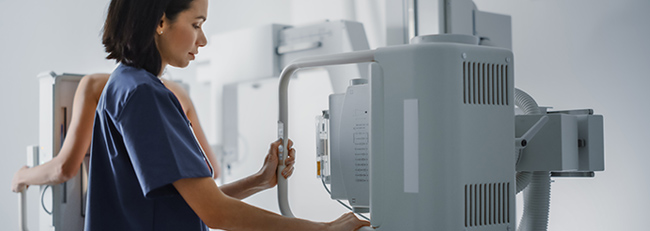
May 4, 2022
By Shaleen Oza, Drexel University College of Medicine
Cancer screening guidelines have largely contributed to reduced cancer mortality in recent medicine. Mammograms, colonoscopies and Pap smears have aided in early detection and treatment. However, the guidelines set by the United States Preventative Services Task Force and American Cancer Society are limited to cisgender individuals. There are not currently any clear guidelines about cancer screening in transgender individuals.
Part of the difficulty faced when screening transgender individuals is related to the individual’s current physical state. Individuals can choose to undergo gender-affirming treatments including hormone therapy, non-genital gender-affirming surgery, and genital gender-affirming surgery. Generally, the principal is to screen for organs that are present. Given that transgender individuals maybe at higher risk for HIV infections than cisgender individuals, they may also have a higher risk of HIV-related cancers.
In theory, hormone replacement therapy could increase or decrease cancer risk for hormone- sensitive cancers. Individuals that have been diagnosed with breast, prostate or other hormone-sensitive cancers should have special consideration paid to the tumor receptor status. There is no current evidence that hormone replacement therapy increases cancer risk. In transgender youth, HRT can provide great benefit through puberty suppression and decreased anxiety, depression and gender dysphoria. Encouraging HPV vaccination in all youth, including transgender youth can help reduce the risk of oral, anal, vulvar and cervical cancer.
Another challenge in screening is the emotional distress that can be inflicted on patients. Many transgender individuals do not seek routine medical care due to fear of discrimination and harassment. Those who do seek routine health care visits are hesitant to bring up concerns about gender incongruent organs. If a physician asks about these organs, it can potentially aggravate gender dysphoria the patient maybe experiencing. Additionally, due to the increased risk of mental health disorders such as depression and anxiety in this population, it was found that many physicians tend to focus on non-physical ailments during a routine visit.
One step forward for clinicians is to create an open and safe environment for all patients. This can include asking for pronouns and preferred names, and asking patients directly about their gender-affirming treatments. Acknowledging the presence of gender incongruent organs needs to be handled with extra care. Some patients may prefer the medical terms for the body part, others prefer “front,” “back,” or other gender-neutral terms. Additionally, on a systemic level the medical community needs to explore what screening guidelines would be appropriate in transgender individuals.
Lack of current guidelines has led to conjecture about what should be screened. The general principal of screening organs that are present is logically valid, but it should be handled with care and consideration of the patient’s emotional state. Opening the conversation with patients on an individual basis is an essential first step.
Sources/Resources: